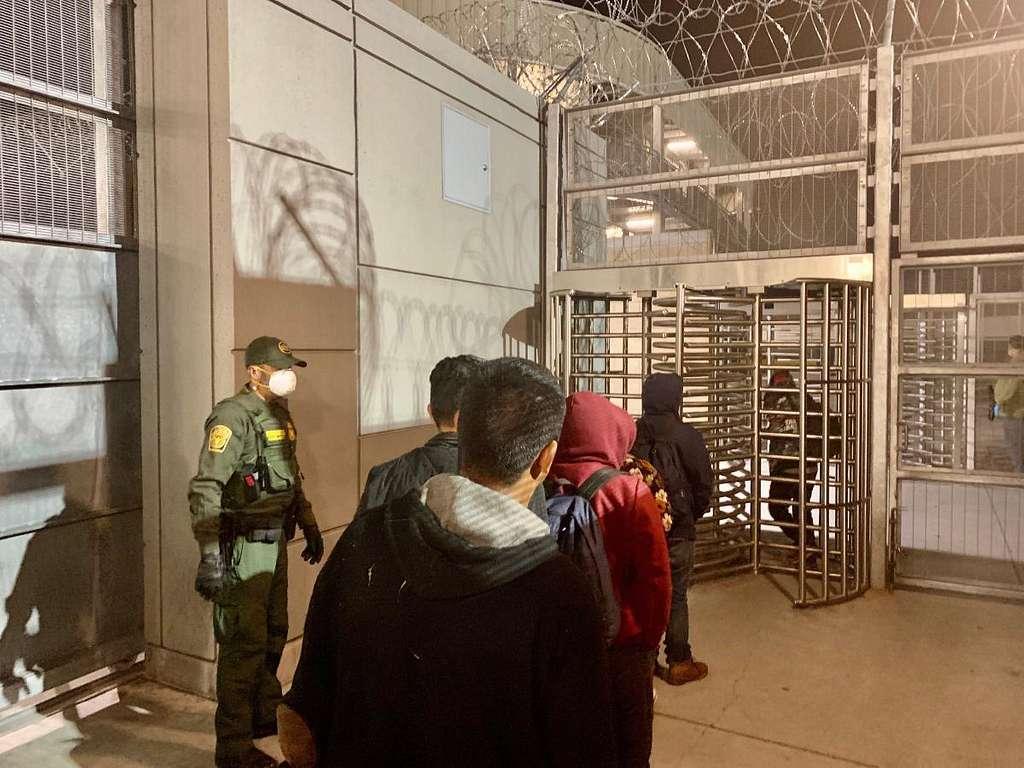Written by Tom Ricker on February 4, 2022, Quixote Center
The Biden administration extended Title 42 again this week. This ensures that for the next 60 days at least, migrants encountered at the border will continue to largely be denied any kind of due process, most of them facing immediate expulsion. Since Title 42 was implemented in March of 2020 over 1.5 million expulsions have occurred under Title 42 authority, 1 million of those have been under the Biden administration.



